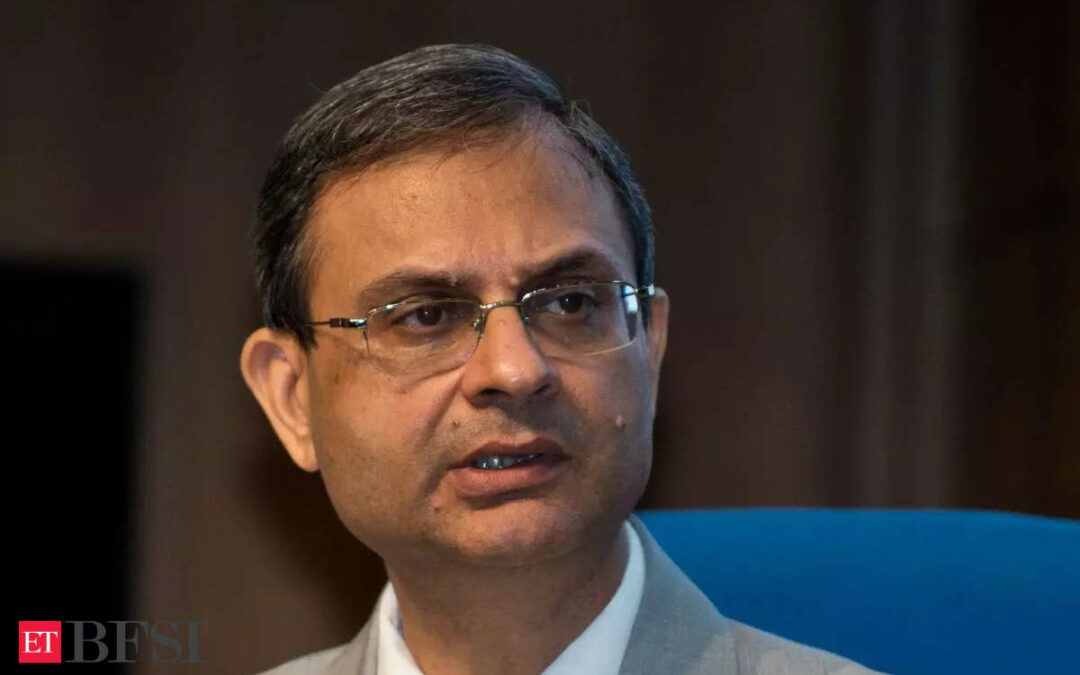Mumbai, The appointment of Sanjay Malhotra as the new RBI Governor “cements” the possibility of a rate cut at the next policy review in February, analysts said on Tuesday. Outgoing Governor Shaktikanta Das was “sticking to his guns” on rates as seen at the December 6 meeting where the rate setting panel headed by him continued with a status quo on rates, they said.
Monetary policy under Malhotra, who is also a career bureaucrat, will be “more accommodative”, analysts at Japanese brokerage Nomura said, adding the rate cut at the February meeting is “cemented”.
The brokerage added that the growth-pushing rate cut is also warranted at the next meeting.
Over the past few weeks, a “stark divide” seemed to be emerging between the government and the RBI on the need for countercyclical monetary policy, the brokerage said, pointing out that both Finance Minister Nirmala SItharaman and Commerce Minister Piyush Goyal had criticised the RBI for keeping policy tight.
Domestic brokerage firm Emkay said it “does not rule out” a rate cut in February but will be more comfortable taking a firm call closer to the policy window.
It noted that the decision to appoint Malhotra came down to the wire, and indicates the government’s comfort on having a bureaucrat rather than a technocrat at the RBI’s helm.
Nearly all the analysts said that very little is known of Malhotra’s economic views, and Emkay cited their discussions with bankers to note that he is straightforward in policy communication, and in his past role at the Department of Financial Services, he would push banks to adopt and focus on technology.
“With the new Governor coming from the Ministry of Finance, market participants could be inclined to think that might lead to a stronger role for the government in monetary policy decisions,” analysts at Swiss brokerage UBS said.
Malhotra will have to balance growth risk and the recent spike in headline inflation, they said, noting that Das maintained RBI’s autonomy, helped stabilise the relationship with the government, ensured financial stability (especially during the pandemic shock), and focused on financial inclusion and digital innovation.
Malhotra’s appointment comes as a surprise to the financial markets, and added that this will be followed with the appointment of a new RBI Deputy Governor incharge of monetary policy to replace Michael Patra in January.
With five out of six Monetary Policy Committee (MPC) members relatively new – three new external MPC members joined only in October 2024 – this could add volatility to the markets amid rising global uncertainties related to Trump administration tariff proposals, it said.
“..we maintain our view that a high real policy rate and softening growth could create room for the RBI to lower the repo rate by 0.75 per cent starting in Feb 2025,” the brokerage said, adding that this view is irrespective of who is at the helm.










